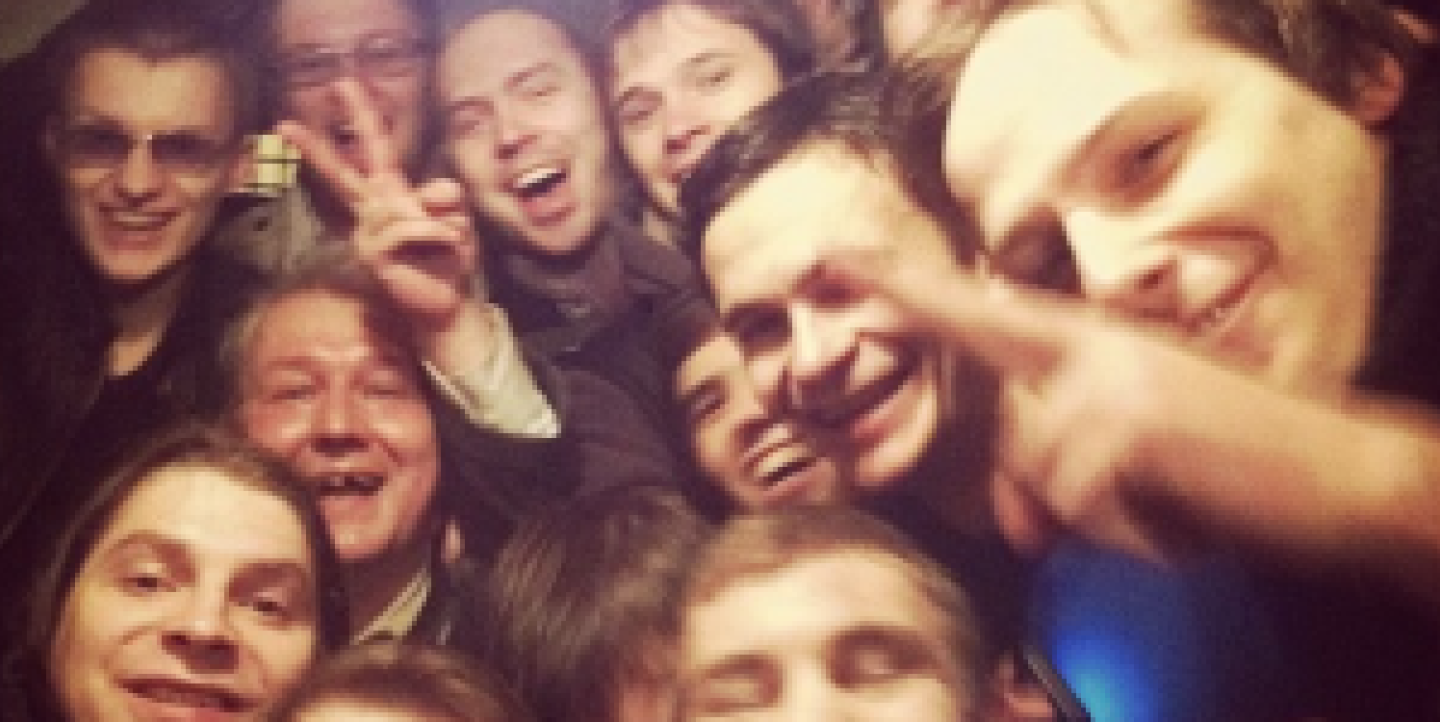A YouTube video of a poll worker casting a vote for an elderly lady went viral; arrested Russian bloggers uploaded a jubilant photo from the police bus on Twitter.
In Russia, a country with Europe's highest Internet penetration, social media are offering an alternative form of election coverage.
“These elections are for the first time taking place in a real situation of parallel information flows – the official one and the one of mass civic networks,” noted media specialist Anna Kachkaeva.
Two examples:
An elderly woman waves her hands in confusion at a ballot in a viral video about parliamentary election violations. A poll worker steps in to do it for her, casting a vote for the pro-Putin United Russia party. One viewer commented: “Our country is like that old woman – silly and silent.”
After complete results of the elections were announced Monday, thousands of protesters went to the streets. Bloggers posted and tweeted the gathering places of protesters.
Ilya Varlamov covered these events on his Twitter feed, his blog and at Ridus, a citizen journalism news agency. Police arrested prominent blogger Alexei Navalny and Iliya Yashin, an activist from the Solidarnodst movement, along with other protesters. Navalny snapped a picture with his iPhone and uploaded it to Twitter. “Sitting with my lads in the police bus. They all say hi,” he tweeted in Russian. An hour later, he posted a group photo of those arrested in the Izmailovo precinct.
Today Navalny's court trial was live-tweeted with photos from the courtroom. Both Yashin (in the earlier trial) and Navalny were sentenced to 15 days in jail.
This parallel information network is bound to grow: Russia currently has the highest number of internet users in Europe – 50.8 million people over 15 years old - overtaking Germany, according to recent ComScore data.

